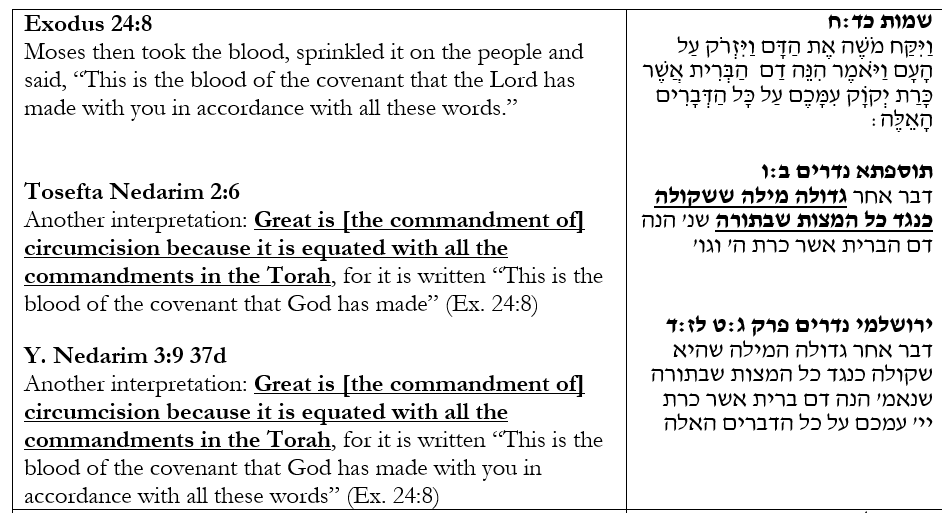1. Time for a Twitter class / shiur!
Today's topic: Equal to the Entire Torah
Today's topic: Equal to the Entire Torah
2. Many people are familiar with the oft-cited Talmudic dictum of Hillel, "What is hateful to you, do not do to your neighbor." What makes this statement so impactful is the next statement, "This is the entire Torah, the rest is commentary." 

3. Hillel's equating of the Golden Rule (in the negative formulation) with the entire Torah has led many people to conclude that this principle is of supreme dogmatic importance in Judaism, perhaps even overriding any and all other considerations.
4. But did you know that throughout Rabbinic Literature we find many actions that are explicitly compared to / equated with the entire Torah?
It's true! And the following Twitter shiur will provide a helpful list for future reference, some of which may surprise you.
It's true! And the following Twitter shiur will provide a helpful list for future reference, some of which may surprise you.
5. Continuing Hillel's theme, we'll begin with examples pertaining to interpersonal relationships / bein adam lehaveiro.
We'll start with this Tosefta that states charity and acts of kindness are equal to all the commandments in the Torah.
We'll start with this Tosefta that states charity and acts of kindness are equal to all the commandments in the Torah.

6. Based on Ex. 15:26, we find in the Mekhiltas of R. Yishmael and R. Shimon b. Yohai that being honest in business and being pleasant to deal with is as if that person has fulfilled the entire Torah 

7. Sometimes the phrasing of these statements can be framed in the negative.
Here we find R. Yohanan stating that someone who is arrogant is as if he denies the fundamental.
Here we find R. Yohanan stating that someone who is arrogant is as if he denies the fundamental.

8. R. Yohanan makes a similar declaration regarding Lashon Hara, literally "bad speech" but generally referring to negative gossip and slander 

10. And in Avot De-Rabbi Natan, we find that pursuing peace is also equated with all of the commandments in the Torah. 

11. Switching from interpersonal actions to religious/rituals (or bein adam lemakom), the first (and probably most obvious) action equated with the Torah is idolatry, though this is of course a *negative* correlation 

13. This passage in the Mekhilta De-R. Yishmael not only affirms that Torah study is equated with "everything", but it specifically mentions that circumcision does not have this same status. 

15. Despite the Mekhilta cited in Tweet no. 13, we do find statements that circumcision is in fact equated with all the commandments in the Torah, though with different proof-texts depending on the source 



18. And finally, living in the land of Israel is equated with fulfilling all the commandments in the Torah. 



19. Interestingly, Avot De-Rabbi Natan lists 10 things that are equated with the entire Torah, some of which we have seen, others not, and this list of 10 omits other examples 

20. The point of all this is to recenter how we view such statements. They can be treated as dogma, in which case we would have to create some sort of commandment calculus for weighing one of these against another.
21. They can also be treated as religious hyperbole, using an extreme idiom to convey the importance of these commandments and practices.
22. While the importance of avoiding idolatry and observing Shabbat may be obvious, the gravity of tzitzit, tefillin, or living in Israel may not be as apparent.
23. In any event, however people decide to understand and apply Hillel's version of the Golden Rule, know that there are other opinions treating lots of other things with at least the same degree of importance.
24. Thank you for reading and have a wonderful day!
\fin
\fin
• • •
Missing some Tweet in this thread? You can try to
force a refresh














